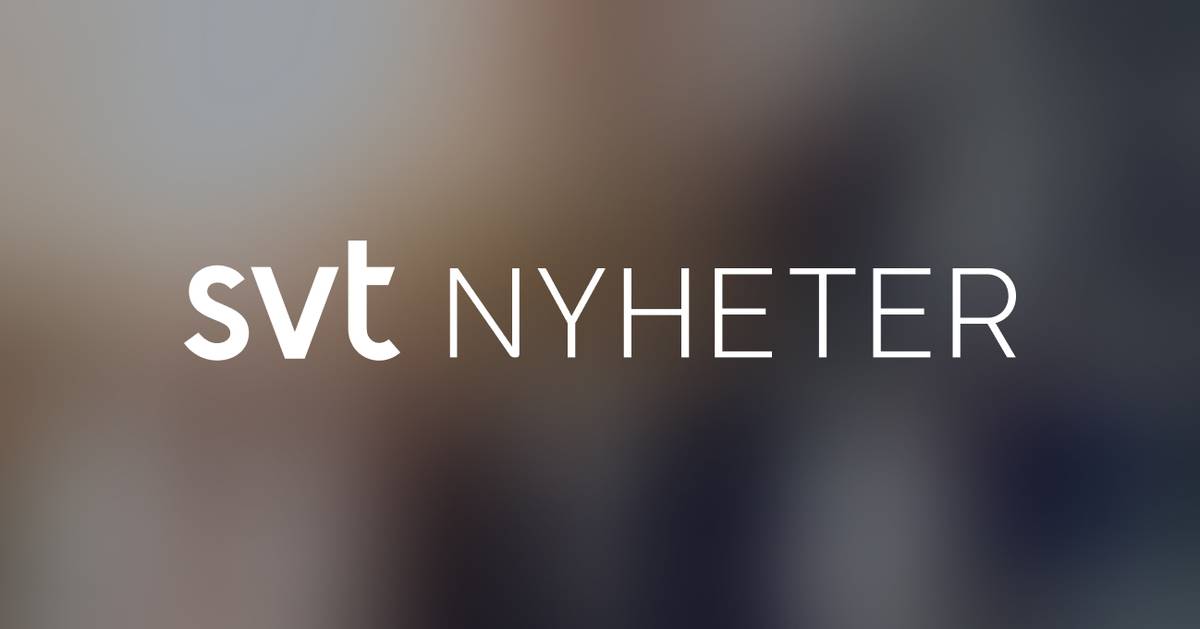In Sweden, around 100,000 people have an intellectual disability.
It is a group where voter turnout is low in relation to the state.
Previous surveys show that only 40 percent of them vote, compared to 87.18 percent of those eligible to vote in the 2018 parliamentary election. One of the reasons is the lack of customized information.
In a new review that FUB, a national association for people with intellectual disabilities, has made of the parties' work with digital information, it appears that the shortcomings are still large in several of the parties.
This despite the election waiting around the corner.
Missing easy-to-read text
Most lack image support, many have information that is difficult to find and far too little material that is adapted to the needs of this group.
One party had hardly any easy-to-read information at all, the survey showed.
- It is a big digital exclusion.
Groups are excluded, not only people with intellectual disabilities but also others who may have difficulty understanding.
And it's not democracy to shut people out, says Therese Wappsell, who herself has an intellectual disability.
Deficiencies in websites
The Left Party completely lacked easy-to-read information when the review was carried out, which they explain by saying that their website is now being updated.
Something Judith Timoney, ombudsman at FUB, believes is too late.
- It is less than two months before an election and then you cannot refer to logistical problems.
Good information for everyone, including those who need easy reading.
It must be in place before the election campaign is underway.

